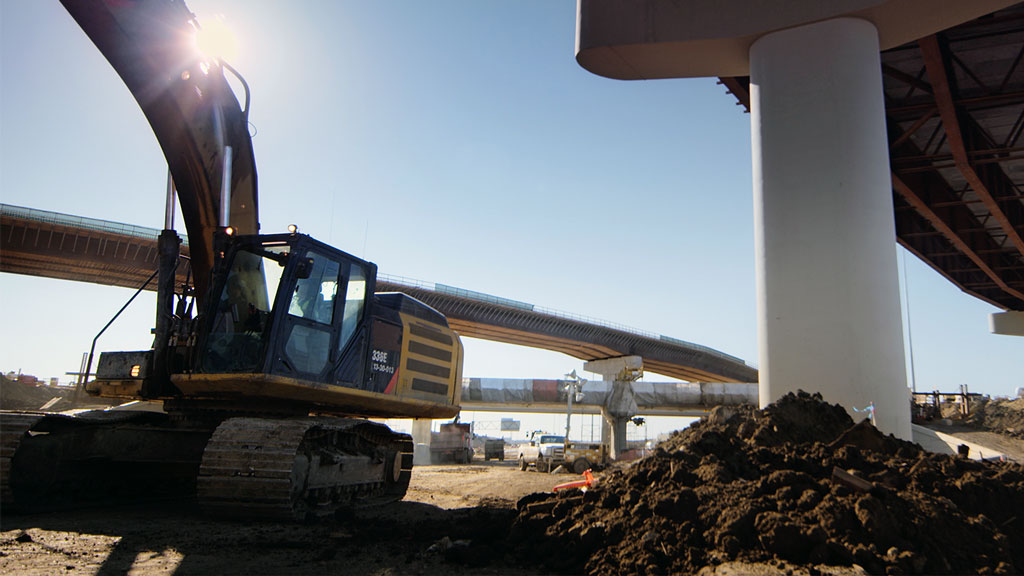Project delivery experts shared their ideas for helping the industry innovate in their panel discussion at this year’s BUILDEX Alberta.
In an online session held as part of Buildings Week, construction collaboration consultant Richard Venerus explained the industry is currently experiencing a time of volatility, uncertainty, complexity and ambiguity.
“This is what we have right now,” he said. “It has thrown everyone for a loop. What do we do in these times? How do we not just survive but thrive?”
He believes that changing how the industry thinks about project delivery could be revolutionary.
“There is a need to move away from the hostile contracting environment that characterizes many construction projects to a system focused on collaboration and problem solving,” he said, noting there is a massive amount of research that shows the success of more collaborative approaches. “You get better project outcomes and a better human experience.”
He explained that collaborative contracting includes any method where individuals commit to build and rely on relationships of trust, work together while seeking mutual gain for all parties and avoiding adversarial relationships.
He highlighted Integrated Project Delivery (IPD), which began in the U.S. in the mid-2000s but has since started to cause a buzz in Canada.
“Everybody signs the same contract,” said Venerus. “This provides so much clarity. Everybody has visibility into it. The guess work about the relationships is gone.”
George Jergeas, a professor at the University of Calgary’s Schulich school of Engineering and an expert on construction productivity, explained his methodology for improving outcomes for any project.
“We develop a common vision, a project charter. We have a goal statement, common risk, timely dispute resolution. Regardless of what delivery system you pick, this methodology can work.”
He explained the industry must work to reverse the trend of having winners and losers on projects and instead think about ways to make it successful for everyone.
One of first steps is a basic one.
“Read and understand your contract,” said Jergeas. “Lots of miscommunications could be removed by just understanding what you committed to.”
Then the team must create a charter where they agree to a set of behaviours.
Another key to success is trusting each other enough to disclose problems and resolve them immediately and without emotion.
“If you have an issue, raise it please, because when the problems are small the team can resolve them,” he said. “If not what will happen is they won’t disappear. They grow bigger and become a huge dispute for lawyers and mediators.”
Jergeas also advocates for what he calls “health checks.”
These are questionnaires that project participants fill out regularly during the project to diagnose problems regarding communication, technical requirements, stakeholders, trust and more.
“You can do things differently,” said Jergeas. “Accept and manage the risks that are rightfully yours. Allocate risk to the party most capable of controlling it and compensate risk appropriately.”
Jergeas said he has shared his methodology on projects with Alberta Transportation, the City of Calgary, City of Edmonton, Husky Energy, Suncor, Trans Mountain, TC Energy, ConocoPhilps, Enbridge, CNRL, Calgary Health Region, Winnipeg Airport Authority and more.
Follow the author on Twitter @RussellReports.











Recent Comments
comments for this post are closed